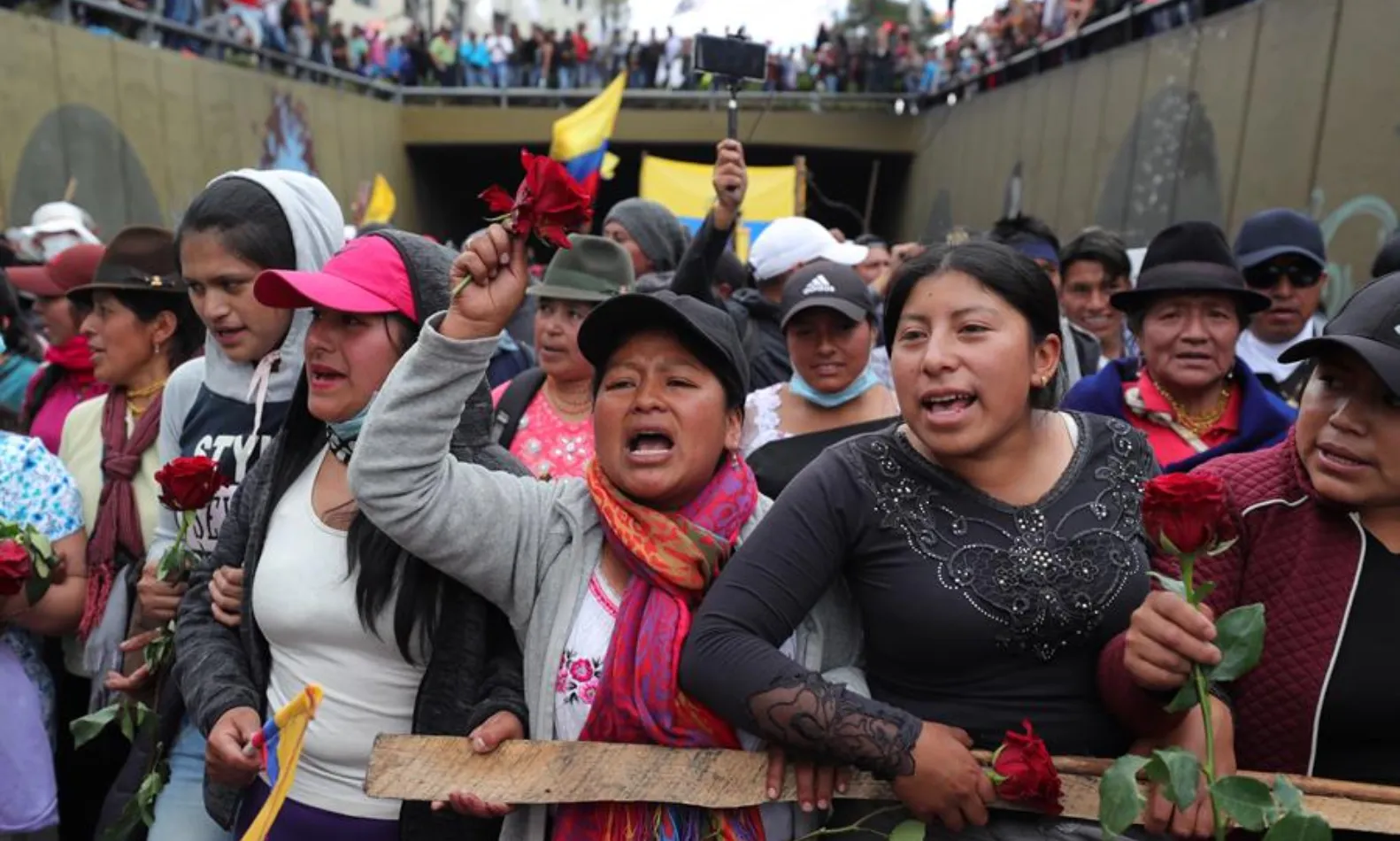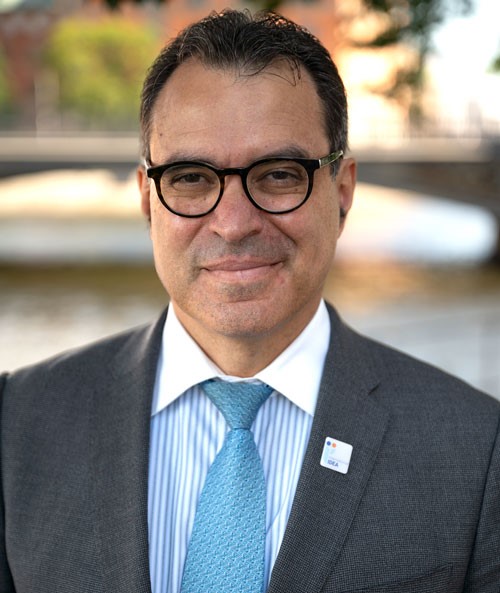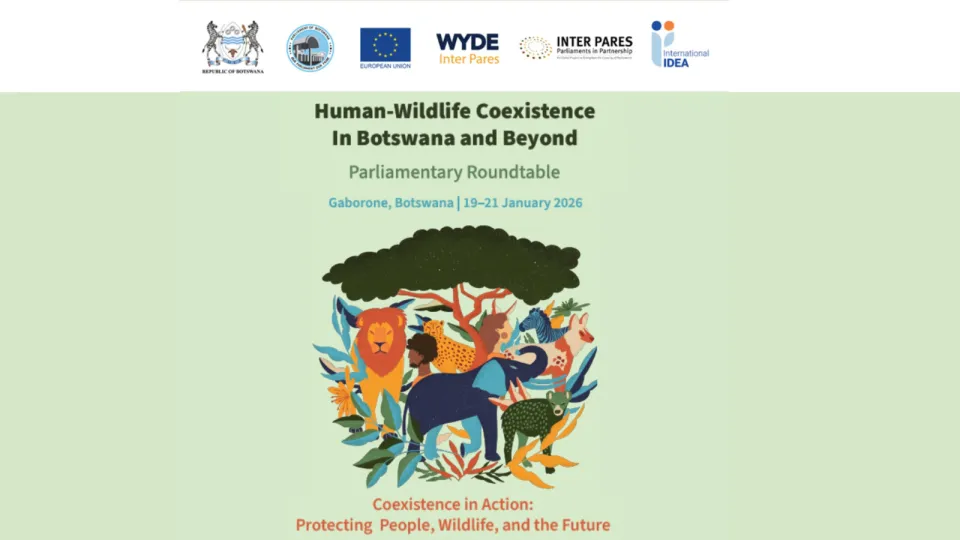Looking at Latin America: This is how democracies fail

This year has been as disturbing as it has been enlightening for democracies in Latin America.
Political events in Peru and Brazil and troubling trends in Mexico and El Salvador offer a warning of what happens when party systems fail and outsider leaders take power promising to put an end to establishment corruption.
Consider recent events: Peru has seen widespread social unrest and large protests demanding the resignation of the president. Brazil is trying to figure out how to tame a far-right movement unwilling to behave loyally to democracy. That refusal was on full display on Jan. 8, when some supporters of Jair Bolsonaro stormed the nation’s Congress, Supreme Court and presidential offices after voters rejected his bid to remain president. In Mexico, President Andrés Manuel López Obrador championed a series of measures that the Congress—dominated by his political movement—approved in February and will constrain the agency that oversees elections. And, since coming to power in El Salvador, President Nayib Bukele has gutted practically all checks and balances and last year declared a state of emergency suspending key constitutional rights.
Although these cases are each very different, they are examples of the bitter harvest that the region is reaping as a result of the spread of a virulent strain of populism over the past three decades. That strain, largely rooted in the citizens’ legitimate exasperation with corruption, has wreaked havoc with party systems and weakened the very institutions necessary to fight corruption and channel social demands in peaceful ways.
Today, the results are painfully clear in Latin America: The prescription offered by anti-corruption populism has become worse than the disease it was intended to fight.
The crippling of political parties and the embrace of messianic leaders to avenge corruption have nothing to show for themselves. They have spawned deeper mistrust of all institutions, particularly those that check power and peacefully process social conflicts. As a result, the region is experiencing democratic backsliding, political instability and, yes, more corruption.
Read the commentary, published by The New York Times on 14 March 2023.
UpcomingWorldnews.com, Revista de Prensa, JlNoticias, and many other press outlets reproduced this commentary.




